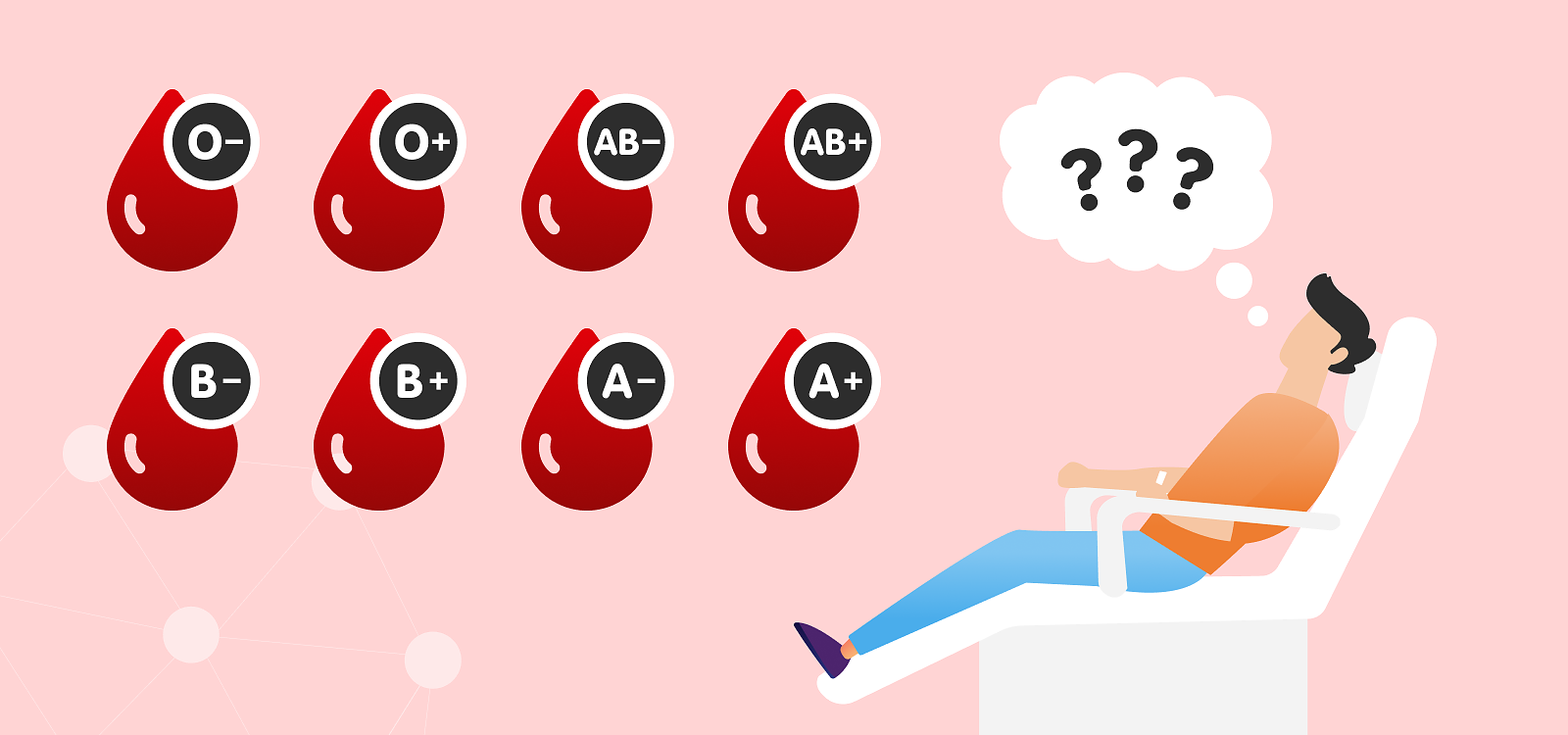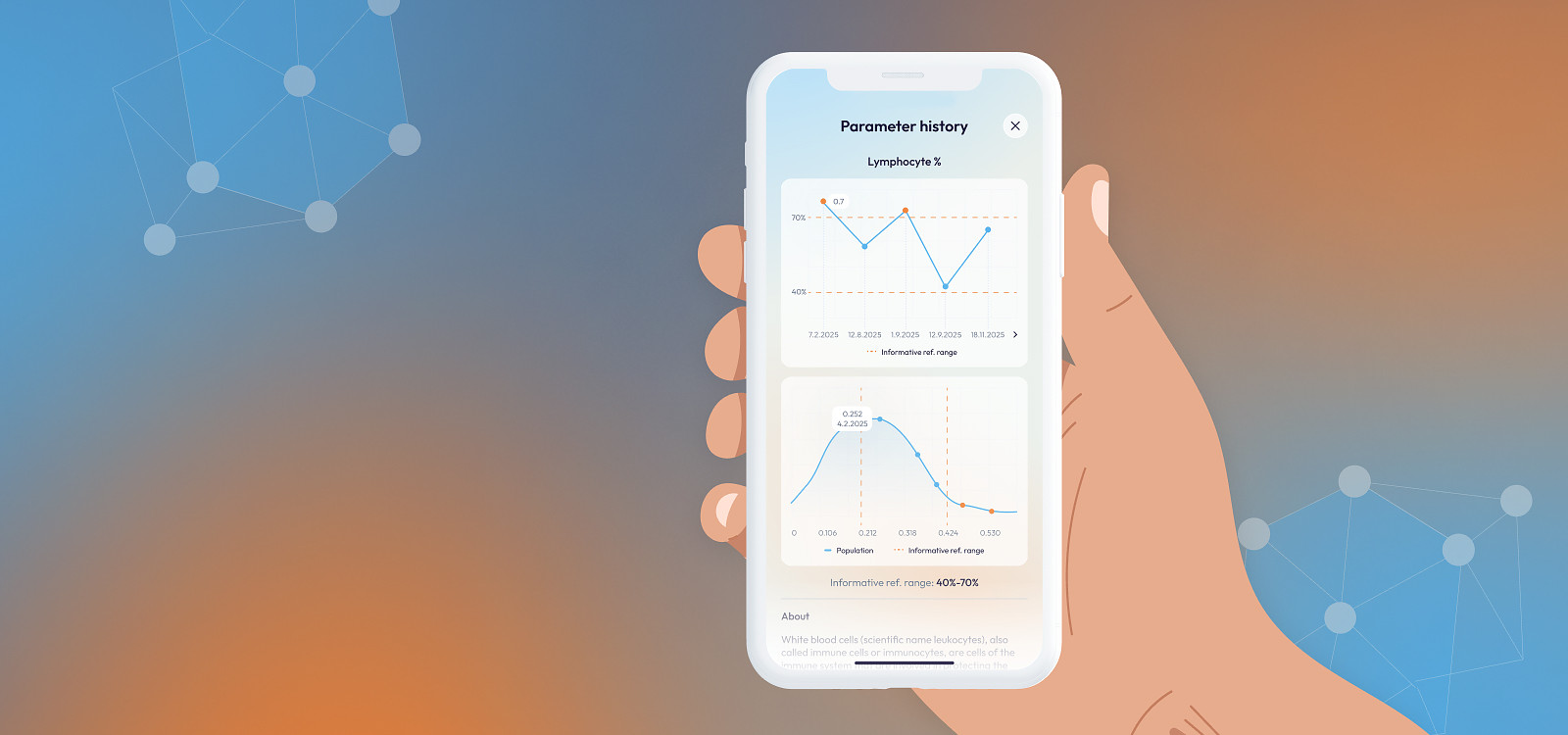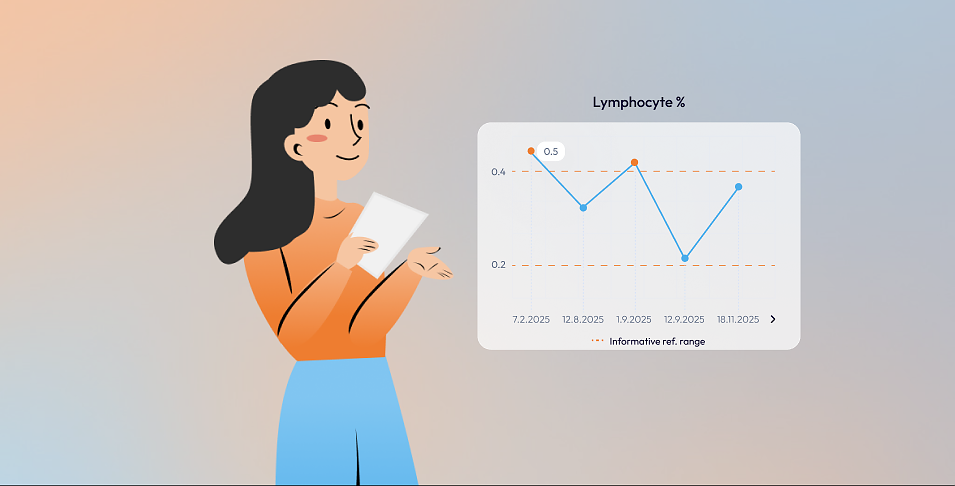Blood types
Blood is a crucial component of our body. It carries oxygen and nutrients to our organs and tissues and removes waste products from our body. While human blood consists of the same main components (red blood cells, white blood cells, platelets and plasma), did you know that not all blood is the same? There are different types of blood, and knowing your blood type is medically important. Let's dive deeper into blood types and what they mean.
The distinctive blend of the protein molecules known as antigens, which coat the surface of red blood cells, and antibodies, which are a part of the plasma, are what sets your blood apart from someone else's. There are four main blood groups: A, B, AB, and O. These blood groups are determined by the presence or absence of A and B antigens around our red blood cells:
Group A: A antigen on red blood cells and B antibody in plasma
Group B: B antigen on red blood cells and A antibody in plasma
Group AB: A and B antigens on red blood cells and no antibodies in plasma
Group O: no antigens on red blood cells and A and B antibodies in plasma
In addition to the A and B antigens, there is another antigen called the Rh factor. If you have the Rh antigen, you are Rh-positive. If you don't have it, you are Rh-negative. So, in total, there are eight different blood types: A+, A-, B+, B-, AB+, AB-, O+, and O-.
Now, you may be wondering why blood types matter. The answer is simple: compatibility. When you need a blood transfusion, your body needs to receive blood that is compatible with your own. If you receive blood that is incompatible, your immune system will attack the new blood cells, causing a dangerous reaction. For example, if you have blood type A, you can receive blood from someone with blood type A or O, but not from someone with blood type B or AB. If you have blood type O, you can donate blood to anyone, but you can only receive blood from other people with blood type O.
Blood types also play a role in pregnancy. If a woman has Rh-negative blood and her partner has Rh-positive blood, their baby may inherit the Rh antigen from the father. This can cause problems during pregnancy if the baby's blood mixes with the mother's blood, because this will trigger an immune response. However, a treatment called RhoGAM can prevent this from happening.
It's worth noting that blood types are not just limited to humans. Animals, such as dogs and cats, also have different blood types. In fact, dogs have more than a dozen different blood types.
In conclusion, blood types are an important aspect of our health and medical care. Understanding your blood type and its compatibility with others can be life-saving in emergencies. So, the next time you donate blood or receive a transfusion, remember that knowing your blood type matters.






